-
Executive Summary
-
Market Introduction
-
Market Definition
-
Scope of the Study
-
List of Assumptions
-
Markets Structure
-
Market Research Methodology
-
Research Process
-
Primary Research
-
Secondary Research
-
Market Size Estimation
-
Forecast Model
-
Market Dynamics of the Global Fuel-Ethanol Market
-
Introduction
-
Drivers
-
Restraints
-
Opportunities
-
Challenges
-
Trends/Technology
-
Market Factor Analysis of the Global Fuel-Ethanol Market
-
Supply Chain Analysis
- Raw Material Suppliers
- Manufacturers/Producers
- Distributors/Retailers/Wholesalers/E-Commerce
- End Users
-
Porter’s Five Forces Analysis
- Threat of New Entrants
- Bargaining Power of Buyers
- Bargaining Power of Suppliers
- Threat of Substitutes
- Intensity of Competitive Rivalry
-
Global Fuel-Ethanol Market, by Source
-
Introduction
-
Natural
- Market Estimates & Forecast, 2023-2032
- Market Estimates & Forecast, by Region, 2023-2032
-
Synthetic
- Market Estimates & Forecast, 2023-2032
- Market Estimates & Forecast, by Region, 2023-2032
-
Global Fuel-Ethanol Market, by Raw Material
-
Introduction
-
Maize
- Market Estimates & Forecast, 2023-2032
- Market Estimates & Forecast, by Region, 2023-2032
-
Wheat
- Market Estimates & Forecast, 2023-2032
- Market Estimates & Forecast, by Region, 2023-2032
-
Industrial Beets
- Market Estimates & Forecast, 2023-2032
- Market Estimates & Forecast, by Region, 2023-2032
-
Sugarcane
- Market Estimates & Forecast, 2023-2032
- Market Estimates & Forecast, by Region, 2023-2032
-
Cereals & Starch
- Market Estimates & Forecast, 2023-2032
- Market Estimates & Forecast, by Region, 2023-2032
-
Others
- Market Estimates & Forecast, 2023-2032
- Market Estimates & Forecast, by Region, 2023-2032
-
Global Fuel-Ethanol Market, by Application
-
Introduction
-
Passenger Cars
- Market Estimates & Forecast, 2023-2032
- Market Estimates & Forecast, by Region, 2023-2032
-
Light Commercial Vehicle
- Market Estimates & Forecast, 2023-2032
- Market Estimates & Forecast, by Region, 2023-2032
-
Heavy Commercial Vehicle
- Market Estimates & Forecast, 2023-2032
- Market Estimates & Forecast, by Region, 2023-2032
-
Global Fuel-Ethanol Market, by Region
-
Introduction
-
North America
- Market Estimates & Forecast, 2023-2032
- Market Estimates & Forecast, by Source, 2023-2032
- Market Estimates & Forecast, by Raw Material, 2023-2032
- Market Estimates & Forecast, by Application, 2023-2032
- US
- Canada
-
Europe
- Market Estimates & Forecast, 2023-2032
- Market Estimates & Forecast, by Source, 2023-2032
- Market Estimates & Forecast, by Raw Material, 2023-2032
- Market Estimates & Forecast, by Application, 2023-2032
- Germany
- France
- Italy
- Spain
- UK
- Russia
- Poland
- Rest of Europe
-
Asia-Pacific
- Market Estimates & Forecast, 2023-2032
- Market Estimates & Forecast, by Source, 2023-2032
- Market Estimates & Forecast, by Raw Material, 2023-2032
- Market Estimates & Forecast, by Application, 2023-2032
- China
- India
- Japan
- Australia & New Zealand
- Rest of Asia-Pacific
-
Middle East & Africa
- Market Estimates & Forecast, 2023-2032
- Market Estimates & Forecast, by Source, 2023-2032
- Market Estimates & Forecast, by Raw Material, 2023-2032
- Market Estimates & Forecast, by Application, 2023-2032
- GCC
- Israel
- North Africa
- Turkey
- Rest of Middle East & Africa
-
Latin America
- Market Estimates & Forecast, 2023-2032
- Market Estimates & Forecast, by Source, 2023-2032
- Market Estimates & Forecast, by Raw Material, 2023-2032
- Market Estimates & Forecast, by Application, 2023-2032
- Brazil
- Mexico
- Argentina
- Rest of Latin America
-
Company Landscape
-
Introduction
-
Market Strategy
-
Key Development Analysis
-
(Expansion/Merger & Acquisition/Joint Venture/New Product Development/Agreement/Investment)
-
Company Profiles
-
Archer Daniels Midland Company
- Company Overview
- Financial Updates
- Product/Business Segment Overview
- Strategy
- Key Developments
- SWOT Analysis
-
DowDuPont
- Company Overview
- Financial Updates
- Product/Business Segment Overview
- Strategy
- Key Developments
- SWOT Analysis
-
BP PLC
- Company Overview
- Financial Updates
- Product/Business Segment Overview
- Strategy
- Key Developments
- SWOT Analysis
-
Cropenergies AG
- Company Overview
- Financial Updates
- Product/Business Segment Overview
- Strategy
- Key Developments
- SWOT Analysis
-
Petrobras
- Company Overview
- Financial Updates
- Product/Business Segment Overview
- Strategy
- Key Developments
- SWOT Analysis
-
Pannonia Bio
- Company Overview
- Financial Updates
- Product/Business Segment Overview
- Strategy
- Key Developments
- SWOT Analysis
-
Cristal Union
- Company Overview
- Financial Updates
- Product/Business Segment Overview
- Strategy
- Key Developments
- SWOT Analysis
-
Alcogroup
- Company Overview
- Financial Updates
- Product/Business Segment Overview
- Strategy
- Key Developments
- SWOT Analysis
-
Tereos
- Company Overview
- Financial Updates
- Product/Business Segment Overview
- Strategy
- Key Developments
- SWOT Analysis
-
Valero Marketing and Supply Company
- Company Overview
- Financial Updates
- Product/Business Segment Overview
- Strategy
- Key Developments
- SWOT Analysis
-
BlueFire Renewables Inc.
- Company Overview
- Financial Updates
- Product/Business Segment Overview
- Strategy
- Key Developments
- SWOT Analysis
-
Conclusion
-
LIST OF TABLES
-
Global Fuel-Ethanol Market, by Region, 2023-2032
-
North America: Fuel-Ethanol Market, by Country, 2023-2032
-
Europe: Fuel-Ethanol Market, by Country, 2023-2032
-
Asia-Pacific: Fuel-Ethanol Market, by Country, 2023-2032
-
Middle East & Africa: Fuel-Ethanol Market, by Country, 2023-2032
-
Latin America: Fuel-Ethanol Market, by Country, 2023-2032
-
Global Fuel-Ethanol Source Market, by Regions, 2023-2032
-
North America: Fuel-Ethanol Source Market, by Country, 2023-2032
-
Europe: Fuel-Ethanol Source Market, by Country, 2023-2032
-
Table10 Asia-Pacific: Fuel-Ethanol Source Market, by Country, 2023-2032
-
Table11 Middle East & Africa: Fuel-Ethanol Source Market, by Country, 2023-2032
-
Table12 Latin America: Fuel-Ethanol Source Market, by Country, 2023-2032
-
Table13 Global Fuel-Ethanol Raw Material Market, by Regions, 2023-2032
-
Table14 North America: Fuel-Ethanol by Raw Material Market, by Country, 2023-2032
-
Table15 Europe: Fuel-Ethanol Raw Material Market, by Country, 2023-2032
-
Table16 Asia-Pacific: Fuel-Ethanol Raw Material Market, by Country, 2023-2032
-
Table17 Middle East & Africa: Fuel-Ethanol Raw Material Market, by Country, 2023-2032
-
Table18 Latin America: Fuel-Ethanol Raw Material Market, by Country, 2023-2032
-
Table19 Global Fuel-Ethanol Application Market, by Regions, 2023-2032
-
Table20 North America: Fuel-Ethanol Application Market, by Country, 2023-2032
-
Table21 Europe: Fuel-Ethanol Application Market, by Country, 2023-2032
-
Table22 Asia-Pacific: Fuel-Ethanol Application Market, by Country, 2023-2032
-
Table23 Middle East & Africa: Fuel-Ethanol Application Market, by Country, 2023-2032
-
Table24 Latin America: Fuel-Ethanol Application Market, by Country, 2023-2032
-
Table25 Global Source Market, by Region, 2023-2032
-
Table26 Global Raw Material Market, by Region, 2023-2032
-
Table27 Global Application Market, by Region, 2023-2032
-
Table28 North America: Fuel-Ethanol Market, by Country
-
Table29 North America: Fuel-Ethanol Market, by Source
-
Table30 North America: Fuel-Ethanol Market, by Raw Material
-
Table31 North America: Fuel-Ethanol Market, by Application
-
Table32 Europe: Fuel-Ethanol Market, by Country
-
Table33 Europe: Fuel-Ethanol Market, by Source
-
Table34 Europe: Fuel-Ethanol Market, by Raw Material
-
Table35 Europe: Fuel-Ethanol Market, by Application
-
Table36 Asia-Pacific: Fuel-Ethanol Market, by Country
-
Table37 Asia-Pacific: Fuel-Ethanol Market, by Source
-
Table38 Asia-Pacific: Fuel-Ethanol Market, by Raw Material
-
Table39 Asia-Pacific: Fuel-Ethanol Market, by Application
-
Table40 Middle East & Africa: Fuel-Ethanol Market, by Country
-
Table41 Middle East & Africa: Fuel-Ethanol Market, by Source
-
Table42 Middle East & Africa: Fuel-Ethanol Market, by Raw Material
-
Table43 Middle East & Africa: Fuel-Ethanol Market, by Application
-
Table44 Latin America: Fuel-Ethanol Market, by Country
-
Table45 Latin America: Fuel-Ethanol Market, by Source
-
Table46 Latin America: Fuel-Ethanol Market, by Raw Material
-
Table47 Latin America: Fuel-Ethanol Market, by Application
-
LIST OF FIGURES
-
Global Fuel-Ethanol Market Segmentation
-
Forecast Research Methodology
-
Five Forces Analysis of the Global Fuel-Ethanol Market
-
Value Chain of the Global Fuel-Ethanol Market
-
Share of the Global Fuel-Ethanol Market in 2020, by Country (%)
-
Global Fuel-Ethanol Market, 2023-2032
-
Global Fuel-Ethanol Market Size, by Source, 2020
-
Share of the Global Fuel-Ethanol Market, by Source, 2023-2032
-
Global Fuel-Ethanol Market Size, by Raw Material, 2020
-
Share of the Global Fuel-Ethanol Market, by Raw Material, 2023-2032
-
Global Fuel-Ethanol Market Size, by Application, 2020
-
Share of the Global Fuel-Ethanol Market, by Application, 2023-2032
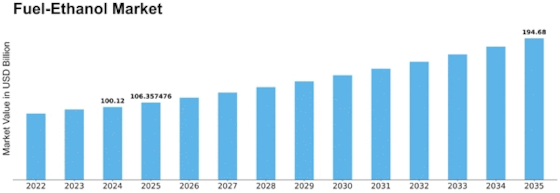


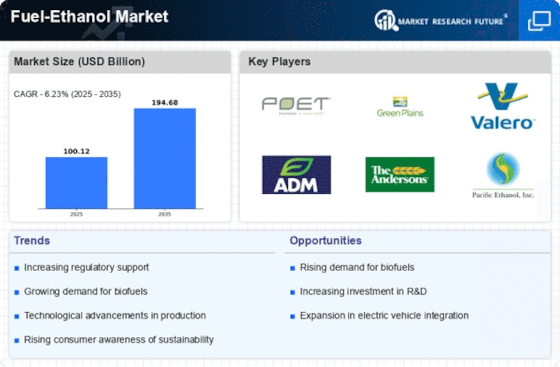
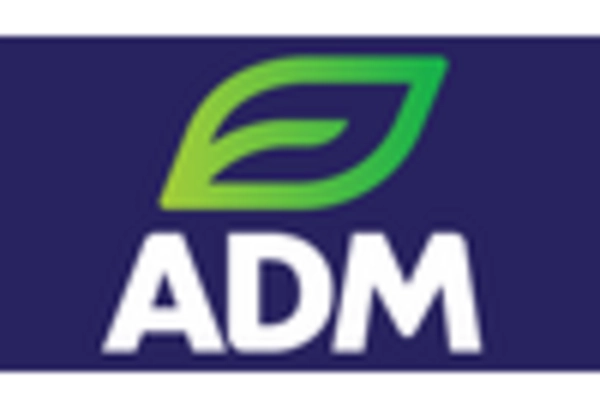
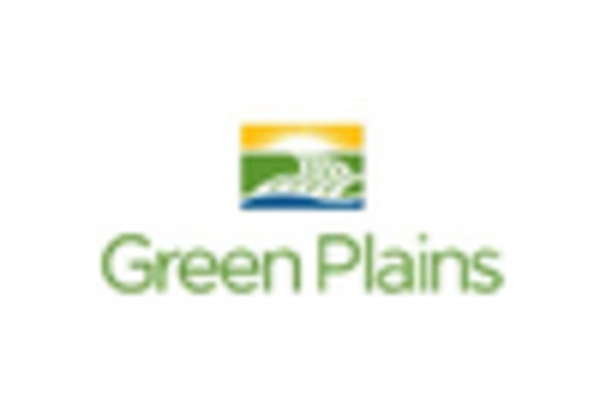

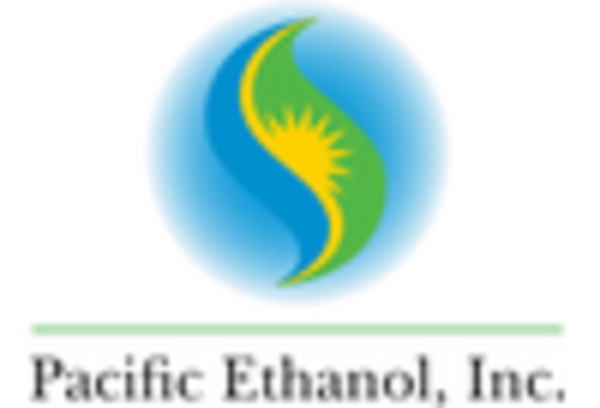











Leave a Comment